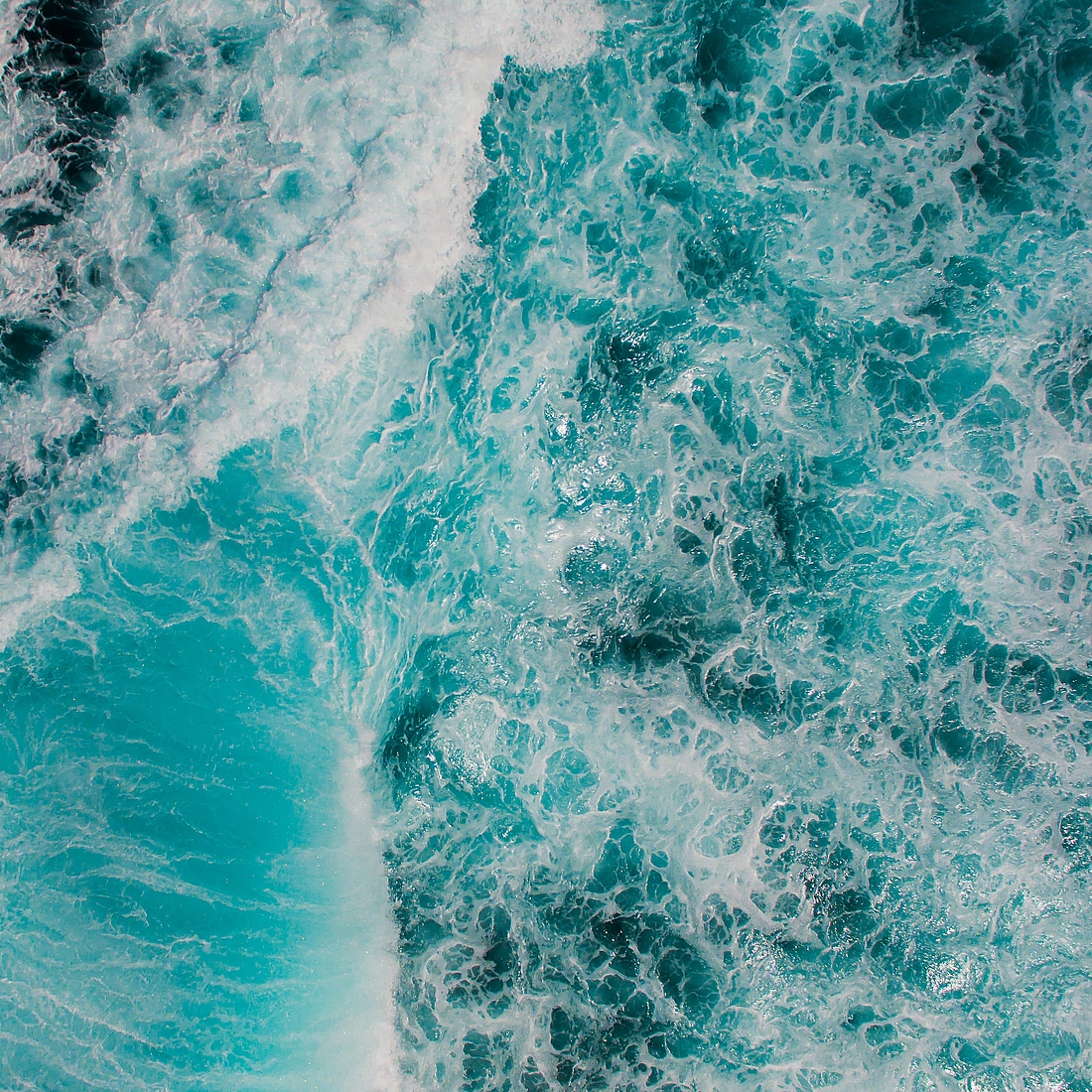Global Maritime Storytelling at the German Maritime Museum
As Research Assistant for Global Storytelling at the Deutsches Schifffahrtsmuseum (DSM) in Bremerhaven, my work explores the sea not only as a historical subject, but as a living, connecting force—one that continues to shape identities, mobilities, and imaginations across the globe. At the heart of my project lies the belief that maritime museums must move beyond national or static narratives to embrace a broader, more dynamic, and inclusive storytelling practice.
Born and raised in a landlocked region of Pakistan, I encountered the sea not through lived experience, but through historical accounts, colonial tales, and inherited imaginaries. These stories—of explorers, empires, and migrations—were always part of a larger, global conversation. Today, I bring that perspective into the museum space, helping to rethink how we narrate maritime history and culture in a way that speaks to contemporary audiences both locally and internationally.
My role is deeply collaborative. I work closely with the museum team to find new ways to engage audiences—whether through rethinking exhibition narratives, organizing public programming, or curating online content. For some, this work means embracing community interests and local leisure pursuits; for others, it involves engaging with pressing global issues such as ecological change, climate crisis, and the natural history of the sea. My task is to help build bridges between these layers—global and local, historical and contemporary—ensuring that the museum remains relevant, reflective, and responsive.
A major focus of my research is how the North Sea and the Baltic Sea, often viewed as regional maritime zones, are in fact deeply embedded in global systems of trade, knowledge exchange, migration, and cultural production. At the DSM, I support efforts to designexhibitions that illustrate these global influences—highlighting how German maritime traditions are part of a much wider world. Our goal is to position the museum as a place where the local meets the global, where regional maritime identities are enriched by international perspectives.
In this context, our collections take on new significance. The objects at DSM are not static relics—they are global witnesses. From ship models to navigation tools, travel diaries to seafarers’ uniforms, each object carries stories of cross-cultural contact, colonial entanglement, technological innovation, and human resilience. By bringing these layered histories to the surface, we help visitors see how global maritime histories are present not only “out there,” but here in Bremerhaven too.
One of my key responsibilities is to support the museum in making its work accessible to global audiences. Through lectures, workshops, and our museum blog, I share research insights and exhibition stories with an international community. These platforms allow us to reach beyond the museum walls and connect with broader networks of scholars, educators, artists, and seafaring communities. In doing so, we contribute to a more inclusive and democratic understanding of maritime history—one that is open to multiple voices and viewpoints.
Global storytelling at the DSM also means engaging with international institutions and partner museums. By building collaborative projects across borders, we deepen the cultural dialogue around maritime history, foster knowledge exchange, and learn from diverse approaches to curation and education. These partnerships are crucial in helping us reimagine the museum as a space of shared inquiry, not simply national heritage.
A museum that limits itself to recounting the past risks becoming a static archive—left telling a purely historical story that grows increasingly remote from the experience and concerns of its visitors. That is why we emphasize stories that reflect contemporary issues, personal experiences, and cultural memory. This shift means telling maritime stories through the people involved, focusing on the wider maritime experience, and examining how objects are personally and collectively meaningful.
By emphasizing global issues with local relevance, we hope to speak to both the residents of Bremerhaven and Bremen and to visitors from around the world. Whether it’s through a local fisherman’s story or a historical account of international sea trade, our approach is rooted in the belief that maritime history belongs to everyone.
Ultimately, my work at the DSM is about helping the museum evolve—conceptually, socially, and globally. The sea does not stand still, and neither should our stories. Through global storytelling, we aim to transform the DSM into a space where history, community, and imagination meet—a space that reflects the complexity of our maritime pasts and the shared oceans of our future.


